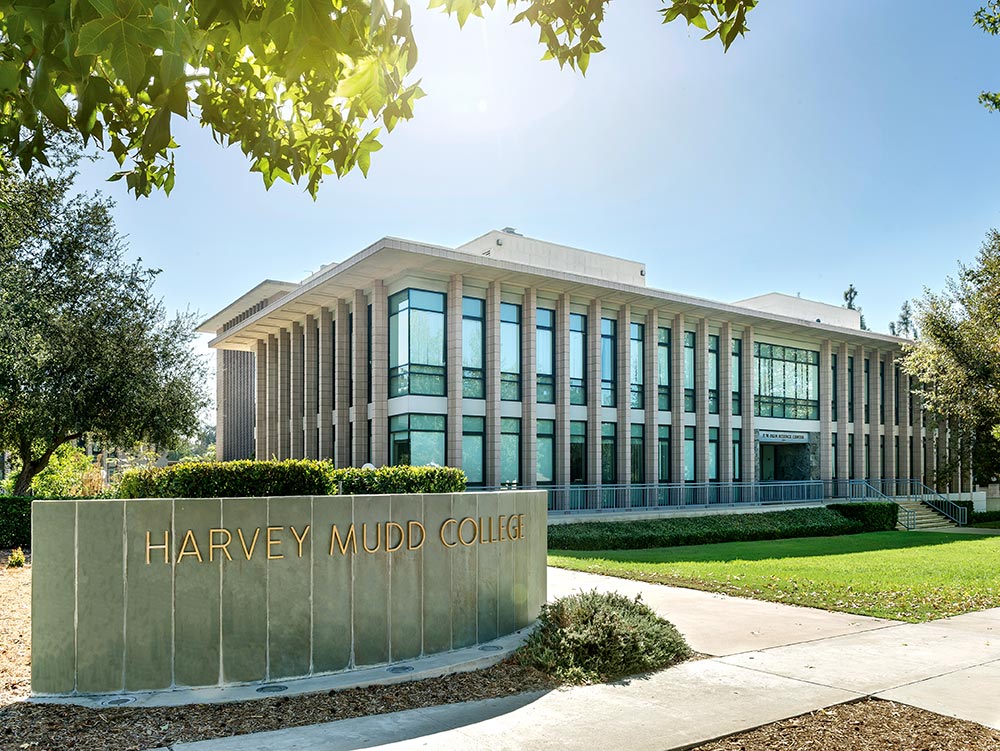Researchers’ Paper Contributes to Artificial Intelligence Field
November 21, 2019
Contributing to the burgeoning field of artificial intelligence (AI) are Harvey Mudd College computer science Professor Jim Boerkoel and his students, Lindsay Popowski ’21 and Michael Gao ’20, whose paper “Dynamic Control of Probabilistic Simple Temporal Networks” was accepted for publication and presentation at the 2020 AAAI Conference on Artificial Intelligence.
Developed during the College’s Summer Research Program in Boerkoel’s HEATlab (Human Experience & Agent Teamwork Lab), the paper is an effort to describe more efficient and successful ways to schedule tasks that require coordination between agents. Popowski, a computer science and mathematics major explains, “For example, two robots who need to meet up together at a particular location might need to schedule when to leave so that they show up at close to the same time. Since tasks (like moving toward the location) can have uncertain durations, scheduling becomes a slightly more difficult problem. Our work was about modifying a given scheduling problem so that we can use algorithms that already exist to do the scheduling for us.”
The HMC team will present the paper in New York in February 2020 along with other AI researchers, practitioners, scientists and engineers sharing the latest developments in the interdisciplinary field of AI.
Boerkoel’s students have had previous success publishing papers at prestigious conferences. In March 2019, students studying several aspects of human-robot interaction had three papers published at the International Conference on Automated Planning and Scheduling. In 2016, HEATlab students presented “Exploring Human-Robot Trust and Cooperation” at the 2016 Robotics: Science and Systems Conference workshop on Social Trust in Autonomous Robots.
The goal of the HEATlab, which Boerkoel established in 2014, is to develop techniques that augment humans’ own cognitive and physical abilities to create integrated human-agent teams that are more capable than their individual counterparts.
